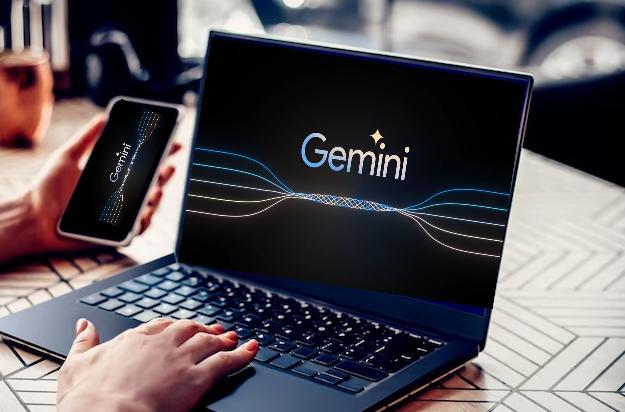
Google is Replacing Google Assistant with Gemini
In a move that has sent shockwaves through the tech community, Google has announced that it will be phasing out Google Assistant, its popular AI-powered virtual assistant, in favor of a more advanced AI called Gemini. The transition is expected to affect phones, tablets, smartwatches, and smart home devices, leaving many users wondering what this means for their beloved Assistant.
For those who may be unfamiliar, Google Assistant has been a staple of the tech giant’s ecosystem since its introduction in 2016. With its ability to perform tasks, answer questions, and control smart devices, Assistant has become an indispensable tool for many of us. But according to a recent article on Ascendants, Google’s plans to replace Assistant with Gemini have left many users concerned about the reliability of their devices.
So, what is Gemini, and what makes it so different from Google Assistant? According to Google, Gemini is a more advanced AI that offers multimodal conversations and deep research capabilities. This means that users will be able to have more natural and interactive conversations with their devices, and access a wealth of information on a wide range of topics.
One of the key features of Gemini is its ability to understand and respond to voice commands, text, and even visual cues. This makes it possible for users to engage with their devices in a more intuitive and immersive way, without having to rely on specific keywords or phrases.
But while Gemini may offer some exciting new capabilities, many users are worried about losing the reliability and simplicity of Google Assistant. Assistant has been praised for its ease of use and ability to perform a wide range of tasks, from setting reminders and sending messages, to controlling smart home devices and playing music.
In contrast, Gemini is a more complex and nuanced AI that may require a steeper learning curve. This could be a barrier for some users, particularly those who are not tech-savvy or who are used to the simplicity of Assistant.
Another concern is that Gemini may not be as integrated with other Google services and devices as Assistant is. For example, users may need to retrain their devices to recognize voice commands, or adjust their smart home settings to work with Gemini.
Despite these concerns, Google is promising that the transition to Gemini will be smooth and seamless. The company has assured users that Gemini will be able to understand and respond to Assistant commands, and that users will be able to switch between the two AIs seamlessly.
However, many users are skeptical about the benefits of Gemini, and are wondering why Google is replacing Assistant with a new AI. Some have speculated that the move is an attempt by Google to stay ahead of the competition, particularly Amazon’s Alexa and Apple’s Siri.
Others have suggested that the transition to Gemini may be a way for Google to push users towards its other services and devices, such as the Google Home smart speaker and the Pixel smartphone.
Whatever the reason, the transition to Gemini is expected to be a significant change for Google users. As the tech giant continues to refine and improve its AI, it remains to be seen whether Gemini will live up to the hype and prove to be a worthy successor to Google Assistant.
For now, users are advised to continue using Google Assistant as usual, while keeping an eye out for updates and information about the transition to Gemini. Whether you’re excited about the new AI or concerned about the change, one thing is clear: the future of virtual assistants is evolving, and it’s up to Google to deliver.
Source: https://ascendants.in/globally-trending/google-gemini-replacing-assistant/






